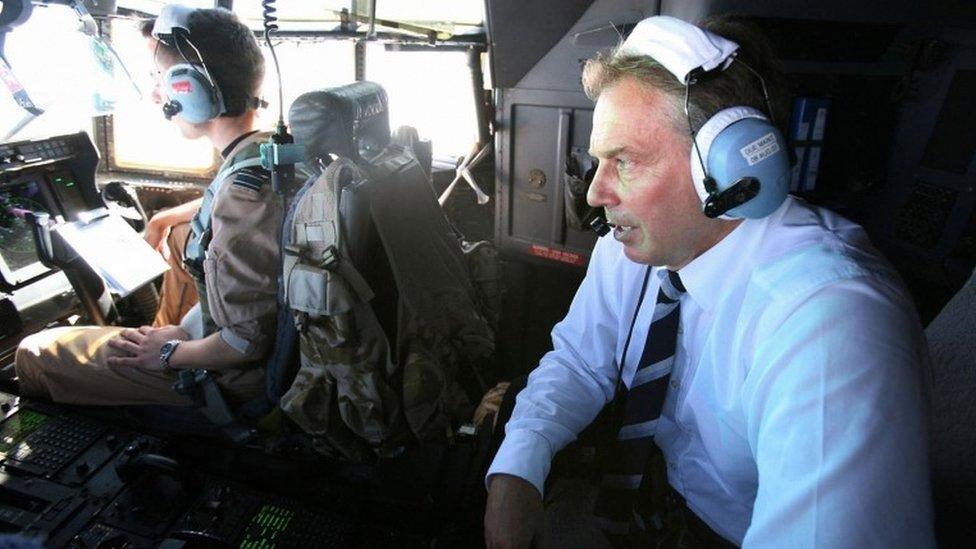Peter Oborne's unofficial Chilcot Inquiry into Iraq war
- Published
Sir John Chilcot's report into the run-up to the 2003 invasion of Iraq is already nearly five years late. He has just announced that it should be published in June or July 2016. Political commentator Peter Oborne cannot understand why there has been such a delay.
So for BBC Radio 4's The Report, he studied much of the testimony given to Sir John and asked some of the witnesses who appeared four key questions at the heart of the inquiry. Here we set out what those questions are and reveal Peter Oborne's own conclusions.
Question 1: Was the information presented by the Blair government on weapons of mass destruction and other matters an accurate reflection of the underlying facts?
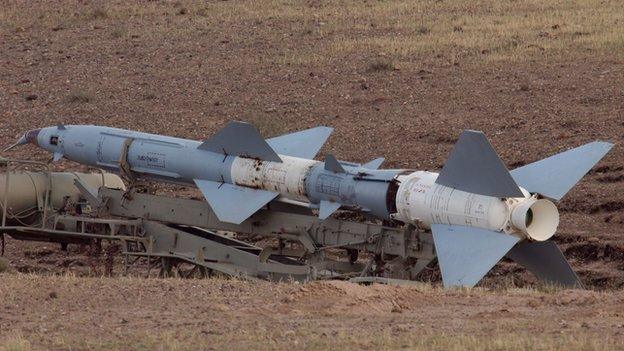
The British government led by Tony Blair justified the war in Iraq as the best way to neutralise the threat that Iraq might pose to its enemies with chemical and biological weapons.
Mr Blair did so by publishing a controversial intelligence dossier Iraq's Weapons of Mass Destruction: The Assessment of the British Government in September 2002.
The dossier said Iraqi leader Saddam Hussein had an arsenal of Weapons of Mass Destruction (WMD), which could be deployed in as little as 45 minutes.
The claims were questioned by critics both at the time and since, but Mr Blair and his advisers have always denied any suggestion they sensationalised the dossier's contents.
Witness 1: Hans Blix, 2002 Chairman of the United Nations Monitoring, Verification and Inspection Commission for Iraq (Unmovic)
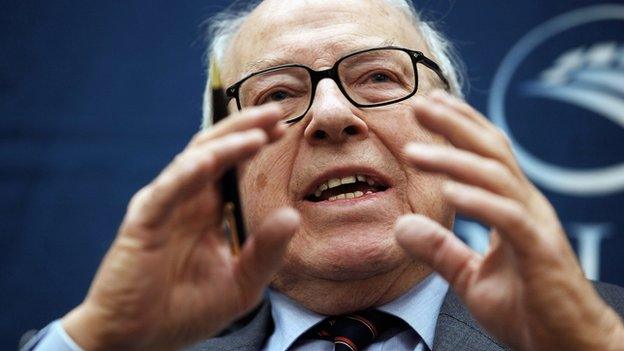
"They had taken much of that [the contents of the dossier] from an Unscom document that had been issued in December 1999." [Unscom was the UN's weapons inspection body before Unmovic].
"In the Unscom document they talked about items unaccounted for." ("Unaccounted for" meant there were question marks about where they had gone.)
"The big difference in the British dossier was that they simply asserted that these items are there. But when Mr Blair asserts that there were weapons, well that's an assertion and it was not supported by evidence.
"Both the UK and the US (figuratively) replaced question marks by exclamation marks. I certainly think it was a misrepresentation."
Question 2: Did our military action in Iraq increase the threat to Britain from al-Qaeda?
Protecting Britain from a foreign terrorist attack was another reason given to justify the war.
As the invasion of Iraq began in March 2003, Tony Blair said in his address to the House of Commons: "Should terrorists obtain these weapons, now being manufactured and traded around the world, the carnage they could inflict to our economies, our security, to world peace would be beyond our most vivid imagination."
Critics, however, warned even at the time that by joining in military action in Iraq, Britain was actually making itself more of a target for terrorist attacks.
Witness 2: Baroness Eliza Manningham-Buller, Director General of the British Security Service MI5 between 2002 and 2007
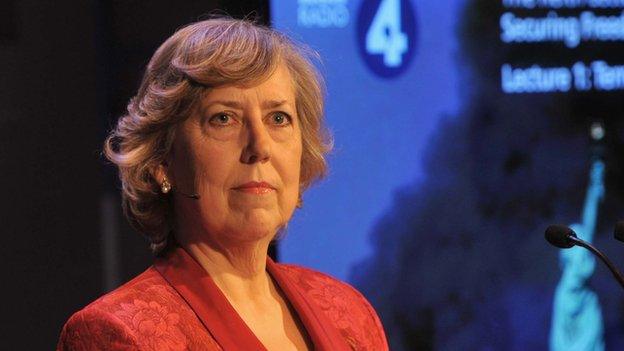
Baroness Manningham-Buller has refrained from speaking to journalists but told the Chilcot Inquiry that senior government figures had been warned before 2003 that invading Iraq would increase the terrorist threat to Britain.
She told the inquiry that in the event, the threat increased "substantially".
"The fact is that the threat increased, was exacerbated by Iraq, and caused not only my service but many other services round the world to have to have a major increase in resources to deal with it.
"In 2003, having had an upgrade in resources after 9/11, which my predecessor agreed, and another one in 2002, by 2003 I found it necessary to ask the prime minister for a doubling of our budget.
"This is unheard of, it's certainly unheard of today, but he and the Treasury and the chancellor accepted that because I was able to demonstrate the scale of the problem that we were confronted by."
Question 3: Did Tony Blair enter into a secret agreement with George W Bush that the UK would support US military action come what may?
The build-up to the Iraq war saw Britain's biggest ever street protest, with hundreds of thousands of people marching across London and other cities to voice their opposition to military action.
Tony Blair insisted that his preferred solution to the crisis was a diplomatic one, but his willingness to send troops to Iraq, despite the huge opposition has led many to believe he had done a secret deal with the US president, during a trip to Mr Bush's ranch in Crawford, Texas, in April 2002, 11 months before the war.
Witness 3: Sir Christopher Meyer, British Ambassador to Washington from 1997 to 2003
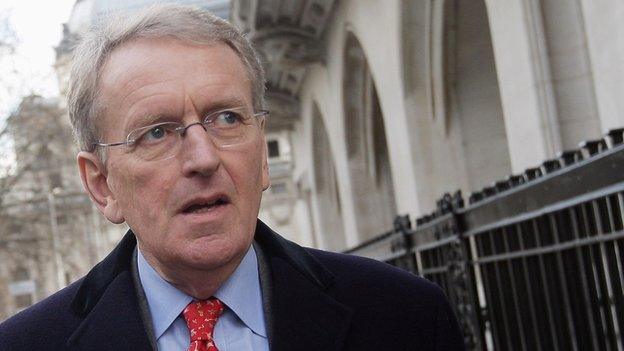
"For quite a significant period of time the president and the prime minister were alone. To this day we are not sure what passed between them.
"But on the Sunday after this 24-hour summit at Crawford, Blair went off and made a great speech at the George Bush Senior Presidential Library in College Station.
"That speech was the first public time that I know of when Blair supported regime change.
"Now is that the same thing as saying we're going to go to war and kick him out? It's not exactly the same thing, but it's another notch down the stick.
"I suspect he said something to Bush like, 'Whatever you decide to do, George, you know you can count on me.'
"The evidence for that is entirely circumstantial. It's partly the speech the following day, and, secondly, what I started to hear from the American administration in the weeks following the summit.
"The message you started to get back from the White House, from the State Department, from the Defense Department was 'Great, you guys are on board for whatever we decide to do. Terrific!'"
Question 4: Was the war legal?
The British government went to great lengths to prove that war against Iraq would be legal ahead of the invasion, and tried to secure a UN resolution sanctioning action in Iraq.
The government's chief legal adviser at the time, the Attorney General Lord Peter Goldsmith, at first suggested the war would not be legal, but later changed his advice.
The British government's argument was that a previous UN resolution - number 678, issued in 1990 at the time of the first Gulf war - had provided a mandate for military action against Saddam Hussein.
Witness 4: Carne Ross, UK Iraq expert at the UN Security Council from 1998 to 2002
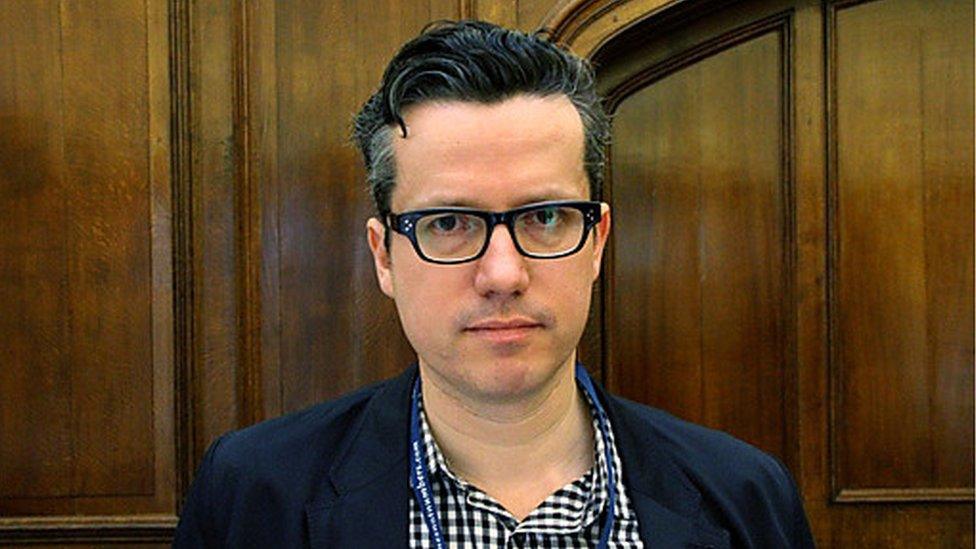
"On the international law course that I did at the Foreign Office as I became a diplomat, I was taught war is legal under two circumstances: either in self-defence or it has to be authorised explicitly by the UN Security Council.
"Neither of those things was the case in the case of the 2003 invasion.
"The UK attempted to introduce a resolution at the Security Council explicitly endorsing military action against Iraq and it failed to get that resolution.
"In my book if you try to get the Security Council to give you authority to do something and it doesn't give you that authority then you don't have authority.
"You can't then claim that in fact all the resolutions from, you know, 12 years ago in fact give you that authority. That's nonsense."
Chilcot in a nutshell
Peter Oborne concludes that the central questions investigated by Sir John Chilcot can be answered very simply.
Did the British government mislead Parliament about weapons of mass destruction? Yes.
Did the war very substantially increase the threat from al-Qaeda? Yes.
Is there hard evidence that Tony Blair entered into a secret deal with the US president? No.
Was the war illegal? Yes.
Listen to Peter Oborne's Chilcot Report on this week's edition of The Report on BBC Radio 4 at 8pm GMT on Thursday 29 October or catch up later online.
- Published21 January 2015
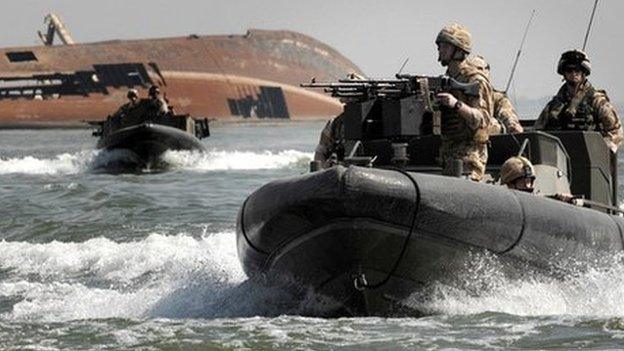
- Published22 October 2015
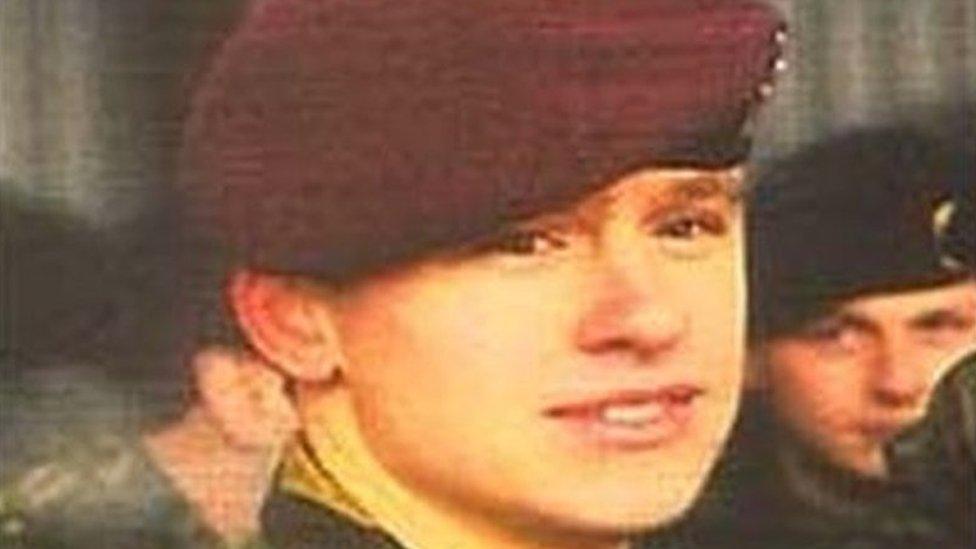
- Published25 October 2015
